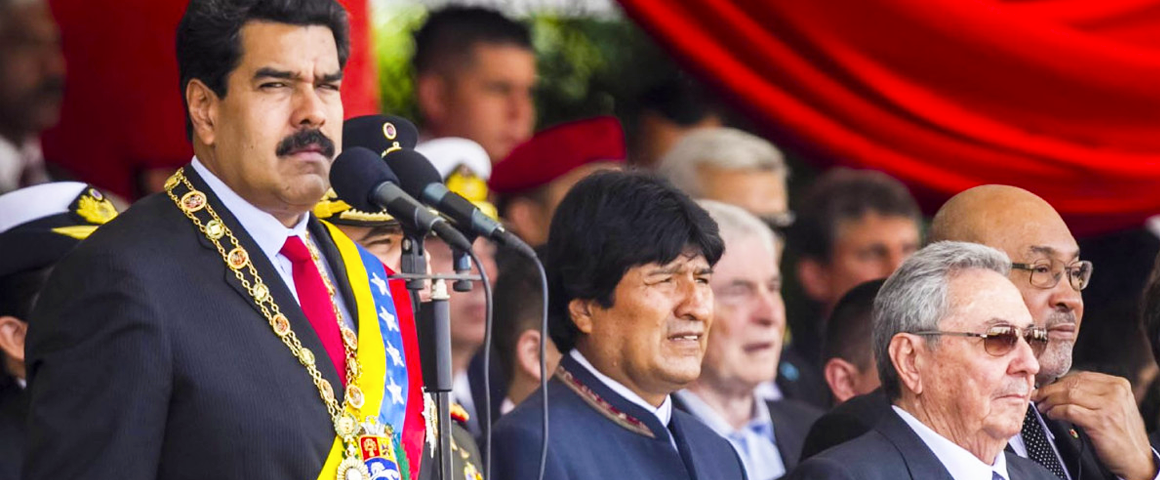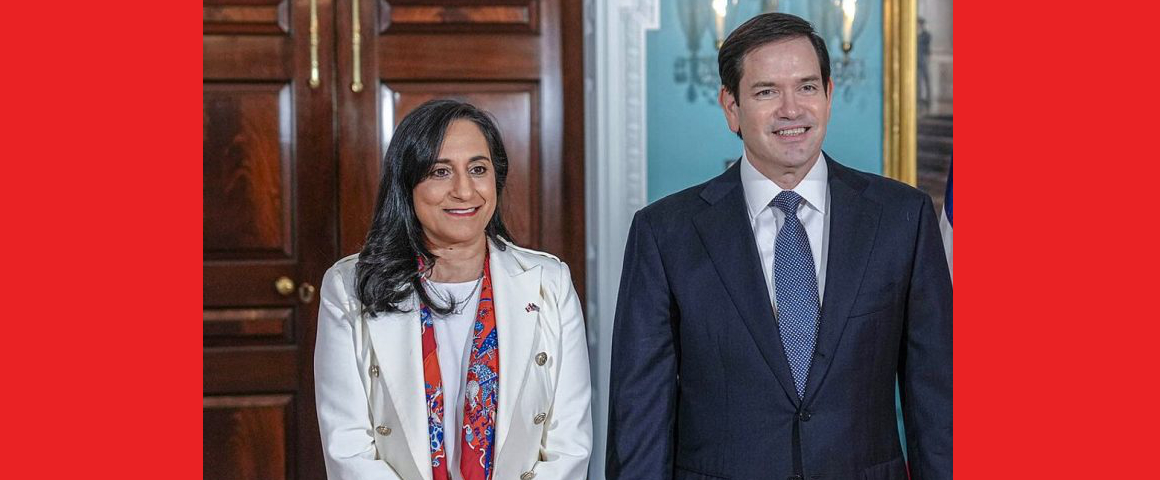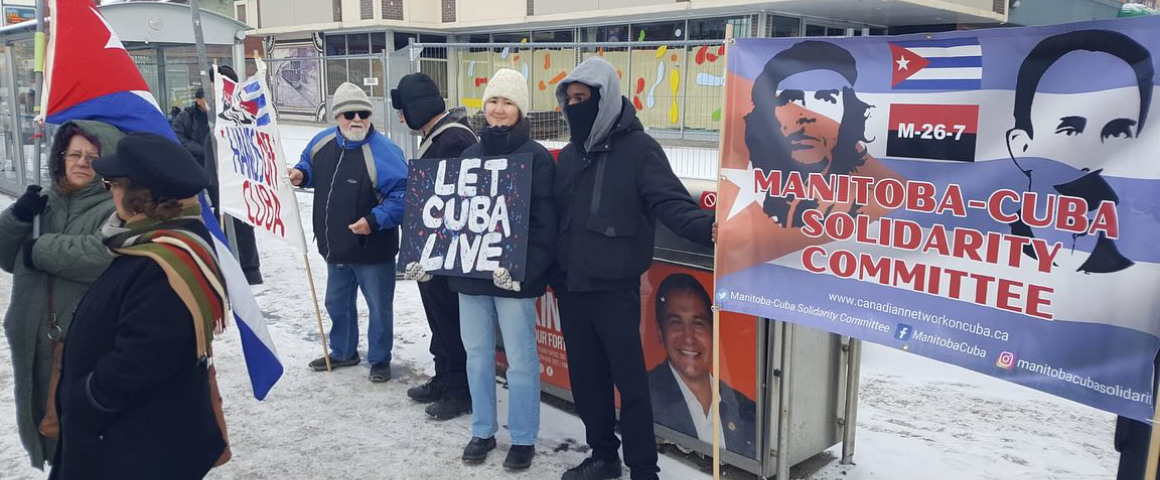In 2018 twelve Latin American countries from Mexico to Peru will hold elections at different levels, presidential, legislative and municipal. Seven elections are for their respective presidents in Costa Rica, Cuba, Paraguay, Colombia, México, Brazil and Venezuela.
What are the expectations? Four of those countries might hold a clue: Mexico and Colombia because they might represent more typical or traditional electoral processes in Latin America and also because they have certain relevance in the region; and Venezuela and Cuba, because they operate on distinct social premises, based on special circumstances (Venezuela), or on an independently developed social model (Cuba).
In the last few years, there has been a reversal of the progressive movement underway in Latin America, causing a resurgence of rightwing politics in the region. That makes the round of new elections in 2018 particularly important to watch.
In truly democratic and internally determined processes, even within a bourgeois system, we would focus on the political issues offered by candidates and political parties. However, elections in Latin America, and in many other countries for that matter, present more intricacies which often determine the outcome of presidential elections. More specifically, lack of transparency, foreign interference or electoral fraud is a real prospect when democracy is just a handy label but not the practice. Let the current situation in Honduras be a case in point.
In the case of Mexico, if voters would dare to lean to the left with Andres Manuel Lopez Obrador (AMLO), electoral fraud becomes a real possibility as political analyst Andrew Korybko suggests, and AMLO himself fears. In fact, a U.S. pre-emptive info war has already started, accusing Russia of “meddling” in the Mexican elections. We all know where that leads.
A similar situation could arise in Colombia, where voters could see the FARC, now a political party using the same initials but renamed Fuerza Alternativa Revolucionaria del Común (Alternative Revolutionary Force of the Common [People]), as a clear break from the traditional bourgeois parties and their morphed versions. But given the lack of support for the referendum on the peace accord in 2016 with less than 50% of votes and about 60% abstentions, the rightwing parties may be feeling safe.
However, in a different scenario, Colombians, especially those who have normally abstained from voting, may be alerted and react to the fact that, in the same year that the Santos government was recognized for its achievement on peace, 170 social leaders were murdered in the country.
Contrary to mainstream media propaganda, Venezuela has proven to have transparent and fair elections. If the two elections in Venezuela in 2017 for governors and city mayors are any indication, Nicolas Maduro will be re-elected as president in November 2018 if not earlier.
Despite the serious U.S. threats of military intervention, severe sanctions and virtual financial blockade affecting Venezuela’s oil industry, Maduro’s main political platform is based on social programs, together with fighting corruption and strengthening the economy that is now seriously critical. The Maduro government has shown tangible commitment to the well-being of the population and has consistently called to peace and dialogue with the opposition despite the street violence of 2017.
When in 2015 the governing party Partido Socialista Unido de Venezuela (PSUV – United Socialist Party of Venezuela) lost its majority in the National Assembly, the rightwing botched its opportunity to push their political agenda, by attempting to swear in deputies fraudulently, for which it was declared in contempt.
The accusations of electoral fraud from some elements of a divided Venezuelan opposition may be more a pretext for excluding themselves from the election process for fear of showing their low popular support. In the presidential elections this year it is expected that the Venezuelan opposition will do the same.
However, at the time of writing, conversations on “coexistence” and “combating economic aggression” are taking place in the Dominican Republic between some more moderate groups of the opposition and the government. That may change things as an agreement may be reached and other presidential candidates may be postulated.
From an international point of view, it is disconcerting that some governments like Canada, the U.S. and the European Union would take sides and become protectors of the more radical opposition, instead of supporting those within the opposition who are willing to negotiate. This requires a separate analysis but what transpires is not edifying for those “democratic” governments.
Outstanding as an outlier is the electoral system in Cuba. It is rarely spoken about, and when it is, the mainstream media describes it as “not democratic”. But there is more to it than meets the eye.
Raul Castro declared last year that he would not seek re-election, so Cubans can expect a change in what is called the “historical leadership”. But according to observers, the change will have no transcendence on the Cuban social system and people’s lives. Socialism will continue.
For several reasons, Cuban elections are unique. 1) There are no political parties involved, not even the Communist Party of Cuba can nominate or have candidates. 2) Individual candidates (who are not required to be party members) are nominated at their community (district) level, and elected by direct secret ballot to become members of the National Assembly of People’s Power (or Parliament) for a five year mandate. 3) Half of the National Assembly members must come from social organizations, i.e. students, women, labour organizations, etc. in order to have a cross-sectional representation of society in the decision making. 4) The newly elected legislative body elects, from among themselves, 31 members of the Council of State to run the daily tasks of the country while the National Assembly is not in session. 5) The Council of State in turn selects who will be the president of the country and other high ministerial officials. [6]
Most strikingly, at no point is there money involved in the process. In fact, there are no expensive political campaigns and, with a few exceptions, National Assembly members do not receive additional pay aside from what they receive from their regular job, which they maintain during their mandate. In such an open and decentralized system with no parties or money interests, it is hard to conceive any possibility of fraud. In fact, if the trend of previous elections continues, more than 95% of the population will turn out to vote freely with only a fraction of spoiled ballots. This must be looked at in comparison with the voters turn out in multiparty systems.
Finally, the year 2018 might turn out to be very busy for the U.S. State Department, CIA and the Southern Command headquarters (SOUTHCOM), located in Doral, Florida. To watch and control so many elections requires a high state of alert, intelligence gathering and readiness to intervene in order to defend their kind of “democracy”. I say this quite consciously because I take it for granted that the U.S. government will continue to interfere in the internal affairs of Latin America unless unity, “not only economic but political”, becomes a reality, as Fidel Castro said.
(For further reading about interventions in Latin America, see “Open Veins of Latin America” by Eduardo Galeano [Monthly Review Press, 1977] and “Masters of War – Latin America and U.S. Aggression” by Clara Nieto [Seven Stories Press, 2003]. For a more detailed description of Cuba’s electoral system, consult: “Cuba and its Neighbours – Democracy in Motion” by Canadian author Arnold August [Fernwood Publishing, 2013])




